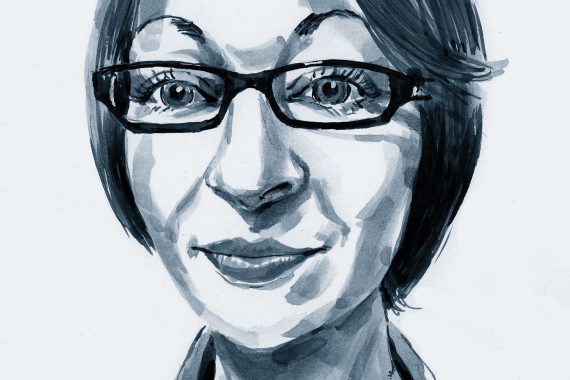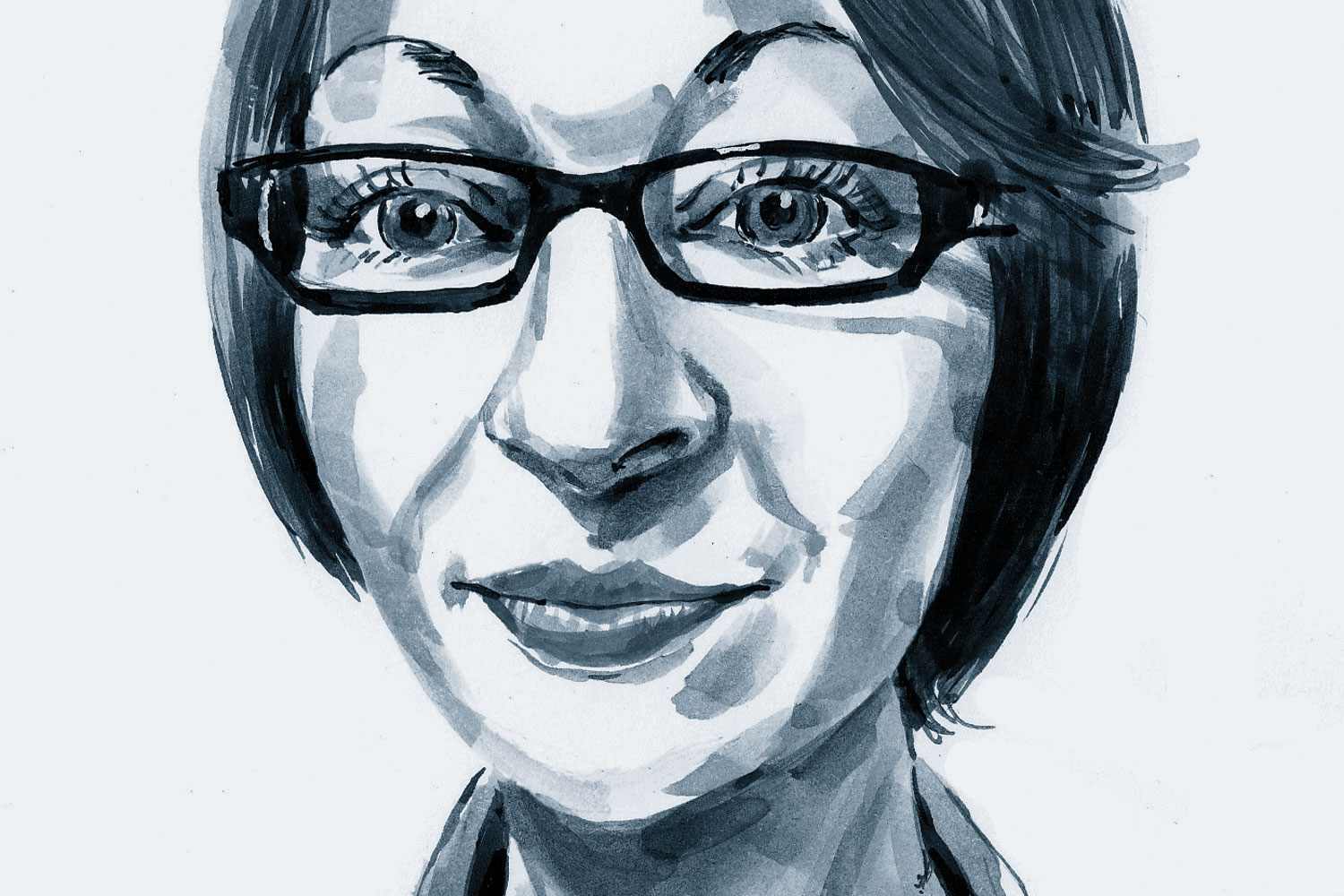Time to drop the ‘tough love’ stance on obesity


I saw a patient today. BMI of 41. What’s the first thing that springs to mind?
Fat. Lazy. Brought it on themselves. Of course no GP would say this, yet we are encouraged to address weight issues with brief interventions in appointments. But who is comfortable with doing even this?
We’re all used to the standard patter for smokers: if we’re feeling all MRCGP, we ask ‘is there anything I can do to help you stop smoking?’ If we feel more realistic, it’s ‘you’re still smoking?’ with a disapproving frown.
Yet with obese patients it’s somehow more awkward. You don’t want to cause offence, but it’s just as important as smoking. What will pointing out their weight achieve? I doubt any obese patient doesn’t realise it’s an issue; I haven’t had anyone gasp in disbelief and say ‘Really, doc? Being 22 stone isn’t good for me?’ Of course they know, and their weight has probably been a daily focus for years.
I can count on one hand the patients who’ve lost lots of weight through diet and exercise
So we need to ask: what should GPs’ role be? Should we follow a ‘tough love’ approach, and does our own weight affect how we deal with obese patients? Gosh, I’m starting to sound like an actual doctor!
I’ll spend the whole consultation about hypertension or knee pain wondering how to say ‘it’s your weight’. Then I’ll cop out or end up half-heartedly muttering about eating less and moving more, knowing from the look I get that it’s not news to them and not to bother asking for 360° feedback.
I’ve come to realise I’m pretty badly informed about obesity. I haven’t understood how it changes the way the body regulates itself, or considered the complex emotional elements. I should exercise more, eat less, drink less – so why don’t I? Why don’t all doctors, since we’re held to a higher standard than mere mortals?
I don’t feel I can preach to patients about the merits of daily runs and kale smoothies when I’d rather watch Lucifer with a glass of wine and a large bar of Galaxy caramel. And with the risk factors many face – deprivation, disability, certain ethnic backgrounds – it’s easy to imagine that one day you realise being a bit overweight has become obesity and the way back feels like an impossible uphill climb.
I can count on one hand the patients who’ve lost vast amounts of weight through diet and exercise. We don’t expect all smokers to give up instantly, so why do we think these patients can just decide to lose weight and achieve it?
We are getting better at looking at the wider picture. We recognise obesity often starts in childhood, that parents have a key role to play and that early intervention is better. Some patients may also have the complex emotional baggage that often accompanies obesity, so being told to exercise more and eat less is like telling an anorexic patient to eat more, or a drug addict to just stop using.
This may actually be one occasion when we do need to don our CSA hat. We need to ask and listen, put our own bias and judgements aside, and be a bit kinder to obese patients, and colleagues. Next time you see a patient whose BMI is high, or hear a fat-shaming comment, spare a second to think how it must feel. Do a bit of reading about it, and maybe think when you last did some exercise or said no to that biscuit with your coffee.
Dr Zoe Norris is a GP in Hull
Visit Pulse Reference for details on 140 symptoms, including easily searchable symptoms and categories, offering you a free platform to check symptoms and receive potential diagnoses during consultations.










